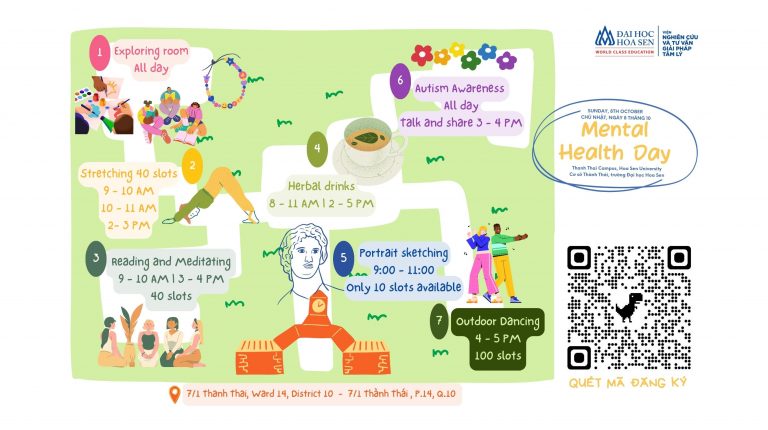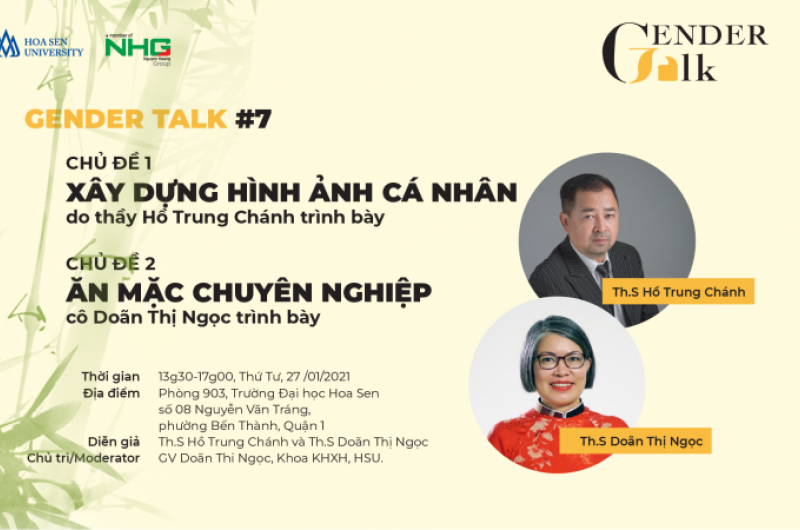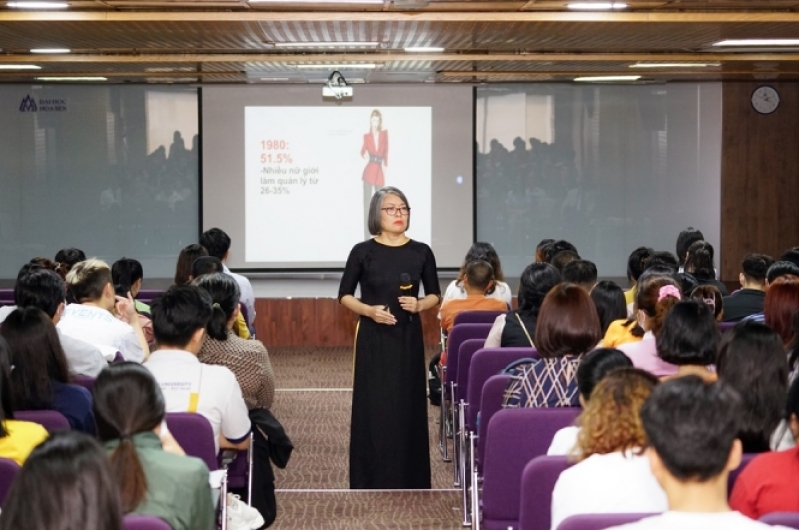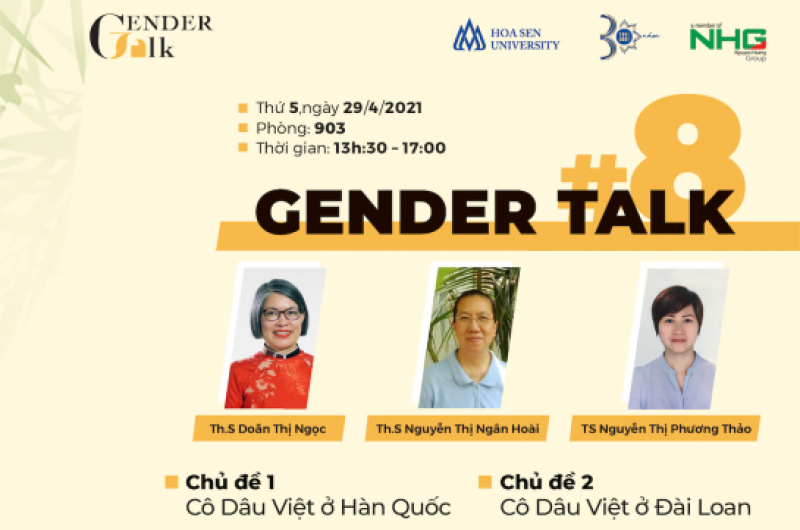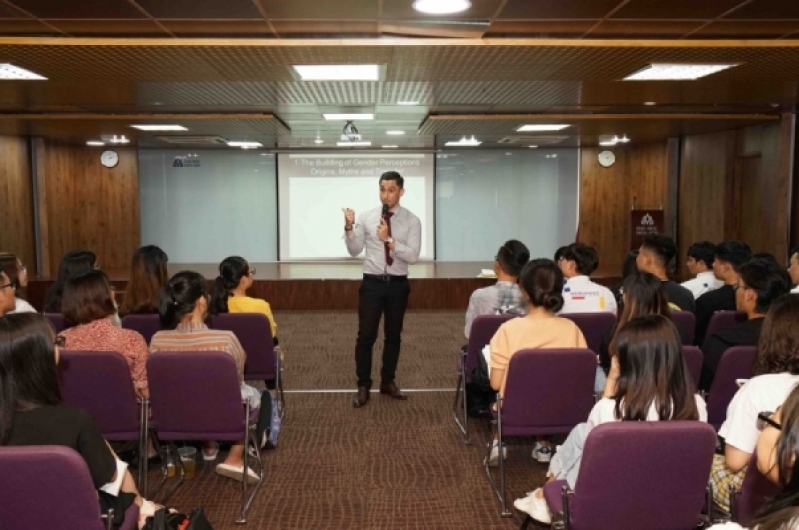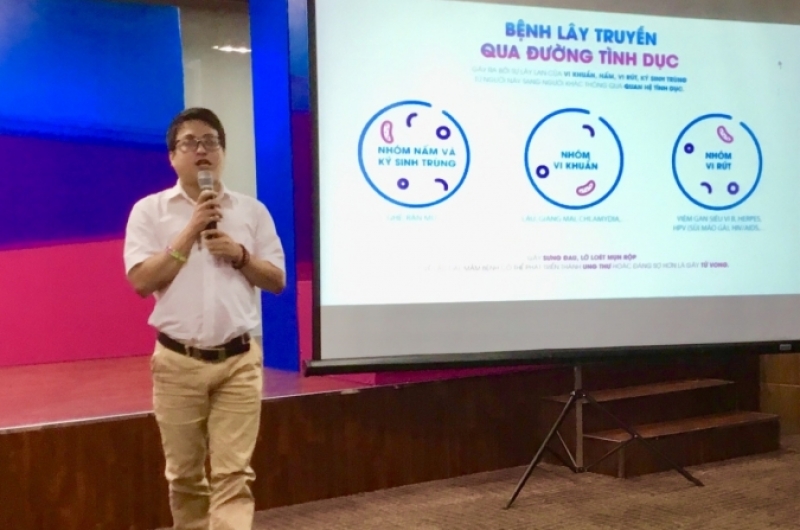LESSONS FROM THE DEADLY PERSON – Rodney Smith
June 16, 2022
Dr. Duong Ngoc Dung
Director of Philosophy Program, Faculty of Social Sciences, Hoa Sen University
A great German philosopher, perhaps the greatest of the 20th century philosophers, Martin Heidegger, observed that man is a “living death” (Sein zum Tode). People only live authentically when they are aware that they are on a journey back to their most fundamental source, which is death. Since ancient times, few people have not trembled at the thought of this end, except for perhaps the heroic heroes who proudly declared, “Life is from the ancient lobes to death/The hand and heart shine brightly” (Nhan Born in the past, no one will die/ A heart that shines through green history. Poetry by Van Thien Tuong). Much of human philosophy and religion stems from the attempt to respond to this ultimate challenge.
But is death the end of everything? Does the dust return to dust? Is “A World of Return” by Bui Giang or “A World of Others” by Nguyen Du the only consequence of a human life full of longing for immortality? What do we know about death? According to philosopher Wittgenstein, a man no less great than Heidegger, “death” is not a matter of human life, not a part of “life,” so we have to give up considering it as something abnormal. enlightenment. Author Rodney Smith, a Buddhist practitioner who practiced for many years in Thailand and Myanmar, provides us with an interesting insight based on his experiences with people near and far in hospitals. He strongly criticized the attitude, mainly of Western people, when they worshiped life and feared death, seeing it as a destructive force, taking away the best. When we fear death, we close the door to new experiences that connect life and death. For a long time, the Eastern mind, nurtured mainly in Hinduism, Buddhism, Confucianism, and Taoism, has always maintained a calm, peaceful attitude toward death. Westerners, under the influence of Christianity, view life as unique, completely separate from the darkness of Death. Jesus Christ is glorified because He conquered the lord of the underworld. In the thinking of most Asian religions, both “death” and “life” are just two sides of the same living reality that is always circulating. “Beginning” or “ending” only has relative value. The most important attitude of mind is the attitude of letting go. Just the word “equanimity” in the four words “love, compassion, joy, renunciation,” is enough to summarize the essential spirit of Buddhism. “Equanimity” (upeksha in Sanskrit) is translated very accurately in English as “equanimity”, expressing an open attitude towards all forms of “reality”, without being entangled. caught in anger, greed, or sadness when “reality” changes. Death is also one of the “faces” of human “reality” that we need to recognize in an inseparable relationship with present life. Death is not the ultimate end. It could very well be the beginning of unknown experiences.
But that is not the most important message that Rodney Smith wants to send to readers. A person with strong religious beliefs (a Buddhist a Christian, or a believer who worships Allah) is not haunted by death. People who do not have religious beliefs (like most scientists) see death as the end, the end of a natural biological process. But neither of these groups sees contemplating the meaning of death as a gateway to a truly more fulfilling life. Living, existing, for many people is anxiety, sorrow, and regret. Worried about an uncertain future, one must collect and hoard a lot of wealth. Greedily enjoy and hunt for as many material pleasures as possible because they think that death is the end, there is nothing left. And that will inevitably lead to trouble because with our boundless desire, will we ever be satisfied? While lying on the hospital bed waiting for Death to come and take him away to a strange land, people regret the countless sorrows and mistakes of the past. If only we could go back. If only we weren’t so passionate about making money that we forget about our families. If only we were aware of the true values in life sooner. According to Rodney Smith, death itself is the great teacher who helps us truly live better. Most of us never ponder this until it’s too late.
The book is a philosophical treatise on death and life. It is really necessary for those who are busy in life and want to stop and reflect on the value of existence. The Buddha replied to the murderer Angulimala who was chasing him when he cried out: “O monk, stop!”: “I have stopped. Only you haven’t stopped yet!” Sometimes we need to stop in the flow of life to ask ourselves the question: “Where are we going?” Can you stop yet?”
SOURCE: https://exlibrishermes.com/nhung-bai-hoc-tu-nguoi-sap-qua-doi-rodney-smith





